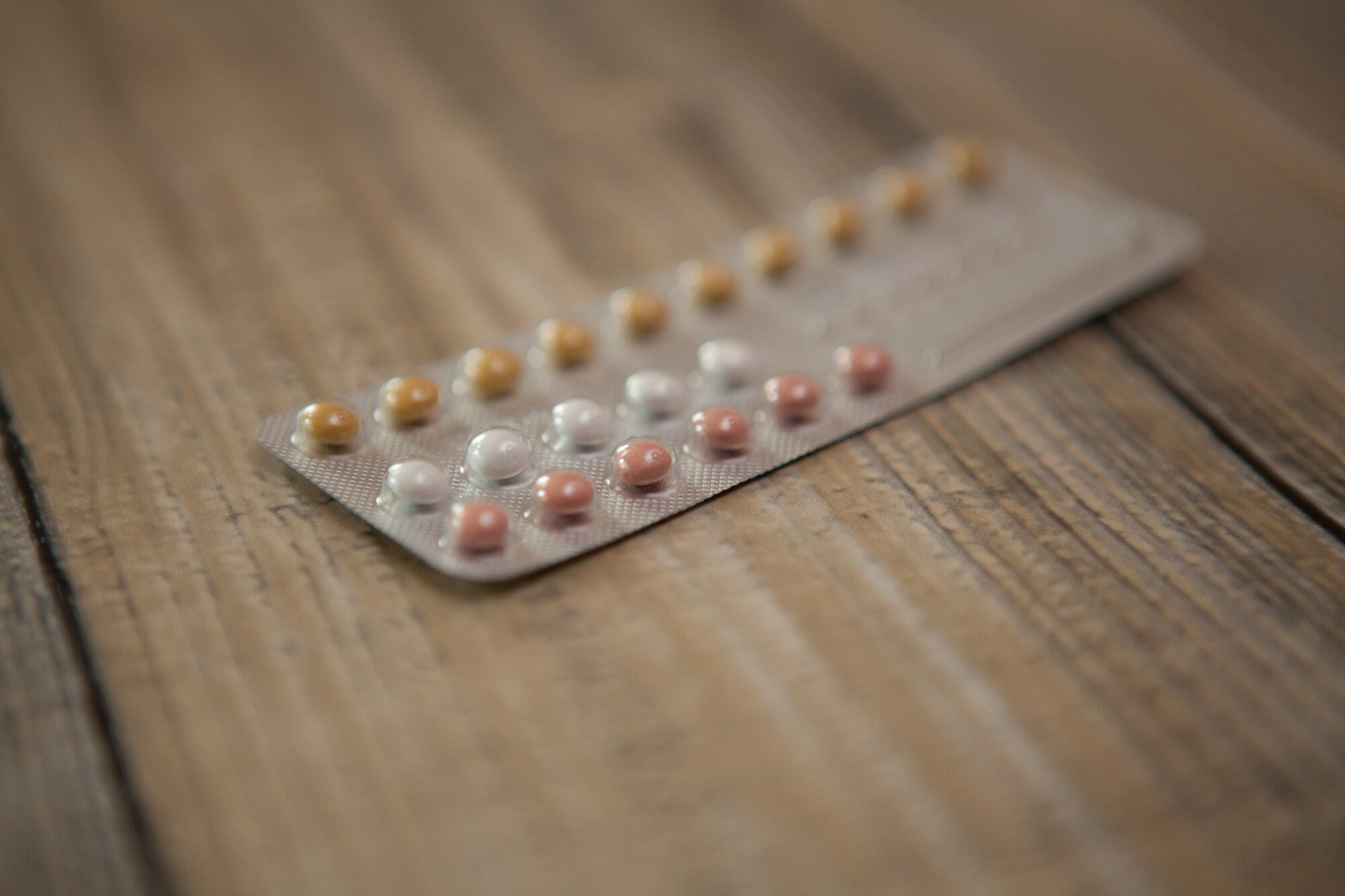
Vaginal Dryness: A Complete Guide to Causes, Symptoms, and Treatments
As many as 17% of women experience vaginal dryness pre-menopause, and this figure increases significantly after menopause takes place. Embarrassment and a lack of awareness mean that this common issue is not discussed openly, leaving many women in the dark.
You might be wondering what causes vaginal dryness, or how you can prevent this condition from occurring?
Keep reading for a guide on everything you need to know about vaginal dryness.
Causes
First, let’s start with a discussion of what causes vaginal dryness. One of the principal reasons for vaginal dryness is a reduction in estrogen levels.
One of the main changes to the body that occurs during menopause is that the ovaries produce less estrogen. This happens naturally as women age, thus, vaginal dryness often occurs in women going through menopause.
There are also other factors that cause low estrogen levels. These include childbirth, breastfeeding, cancer treatments such as chemotherapy and radiotherapy, the removal of the ovaries, and some anti-estrogen medication.
If you’re affected by any of these, your chance of experiencing vaginal dryness is more likely.
There are a few other common causes of vaginal dryness to know about, that are unrelated to levels of estrogen. Certain allergy and cold medications, as well as antidepressants, can include vaginal dryness as a side-effect.
Finally, Sjogren’s syndrome (an autoimmune disease), douching, smoking cigarettes, and not taking enough time for foreplay before sex can also cause vaginal dryness.
Symptoms
Now we know why it occurs, we can examine the most common vaginal dryness symptoms. Most women are aware that something is wrong due to the discomfort they feel in the vaginal and pelvic area.
They might feel pain during sexual intercourse, and even a loss of interest in sex. Light bleeding might also follow sex, as the lack of moisture causes friction.
Women might feel pain during other activities too; you do not have to be sexually active to experience the symptoms of vaginal dryness. Some women feel severe discomfort when sitting, urinating, or going about everyday activities.
Other common symptoms of vaginal dryness include a burning sensation or soreness, as well as itching and stinging. Finally, UTIs are another indication of vaginal dryness, in particular when they do not seem to go away.
Last, the vagina and vulva can look visibly different. Most often, the vaginal lips will become thinner, while there can also be changes in texture and color to vaginal discharge.
Diagnosis
Next, let’s take a look at how doctors and urogynecologists diagnose vaginal dryness. If you experience any of the symptoms discussed above, it’s well worth scheduling an appointment with a doctor to investigate the issues further.
Vaginal dryness is rarely an indication of a serious medical issue, but it can nonetheless worsen the quality of life for many women. When left untreated, vaginal dryness can cause sores and lead to cracking in the vaginal tissue.
Your doctor will most likely ask you the following questions during your consultation:
- Have you had any previous conditions relating to the vagina or pelvis?
- For how long have you experienced the current symptoms?
- What seems to relieve or aggravate your symptoms?
Your doctor might also need to carry out a number of tests to confirm vaginal dryness, as well as to rule out any other possible conditions. This will include a pelvic exam, and sometimes a Pap test. Hormonal tests can also be carried out to determine if you’re experiencing perimenopause or menopause.
Treatment
So, what are the different medications and solutions available for vaginal dryness? The most common vaginal dryness treatment is topical estrogen therapy. This sometimes involves applying a vaginal dryness cream to the vagina. Topical options, meaning they are applied to a specific area of the body, have fewer side effects than taking estrogen pills.
In addition to creams, there are also rings that can be inserted into the vagina. Either you or your doctor can place a soft and comfortable ring into your vagina, which releases estrogen to the surrounding tissues. This needs to be replaced every three months.
There is also a tablet option that is placed in the vagina. This tends to be prescribed once a day for two weeks, then twice a week until it is no longer necessary.
There are a few natural remedies for vaginal dryness, such as using coconut oil or aloe vera that can act as lubricants. However, it is advised that you consult with a medical professional before deciding on a treatment plan.
Prevention
Last, let’s take a look at the best ways to prevent vaginal dryness from occurring. It might not be possible to exclude the possibility of vaginal dryness entirely, as it is a natural part of aging, but these tips will help to minimize the occurrence.
Make sure to take enough time for foreplay and arousal before having sex. You can also use a water-based lubricant to help get more pleasure if necessary.
You should also avoid using perfumed products, lotions, and douches around the vagina area. The vagina is self-cleaning, so there is no need to use any products on the vagina itself. The vulva can be gently washed with water and unperfumed soap.
Last, try to maintain healthy habits such as not smoking and drinking plenty of water to help maintain moisture levels.
Do You Need Help With Vaginal Dryness?
If after reading this article you think you might have vaginal dryness, help is available. Expert urogynecologists, such as Dr. Lotze and his team, can help identify and remedy a wide range of pelvic health issues.
Get in touch here to schedule a consultation, and begin your journey back to a comfortable and pain-free life.



